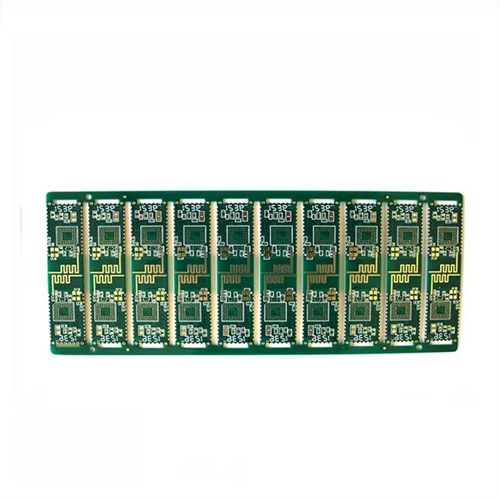Where are flex circuit boards mainly used?
2025-05-19
Flex circuit boards play an irreplaceable role in the field of modern science and technology with their unique advantages of being thin, light and bendable. In the field of consumer electronics, flexible circuit boards are widely used in smartphones, tablets and folding screen devices. By replacing traditional rigid circuit boards, they significantly reduce the thickness of the equipment and increase the freedom of structural design. For example, the core hinge of folding screen mobile phones relies on flexible circuit boards to achieve repeated bending without affecting signal transmission.
The medical and health industry also benefits from this technology. Flex circuit boards are implanted in wearable health monitoring devices, which can closely fit the curve of human skin and collect physiological data such as heart rate and blood oxygen in real time. Their biocompatibility and fatigue resistance provide reliable guarantees for long-term monitoring. The development of new energy vehicles and intelligent driving systems is also inseparable from the support of flexible circuit boards. The complex sensor network, curved display screen and battery management system in the car are connected with high-density wiring through flexible circuit boards, which saves space and can withstand vehicle vibration and temperature and humidity changes.
In addition, in the fields of industrial automation, aerospace, etc., flex circuit boards have become the core components of signal transmission inside precision instruments with their environmental adaptability. With the advancement of the Internet of Things and artificial intelligence technologies, flexible circuit boards are continuously driving the process of miniaturization and intelligence of equipment. Their application boundaries are also constantly expanding, becoming a key link connecting the future smart society.




